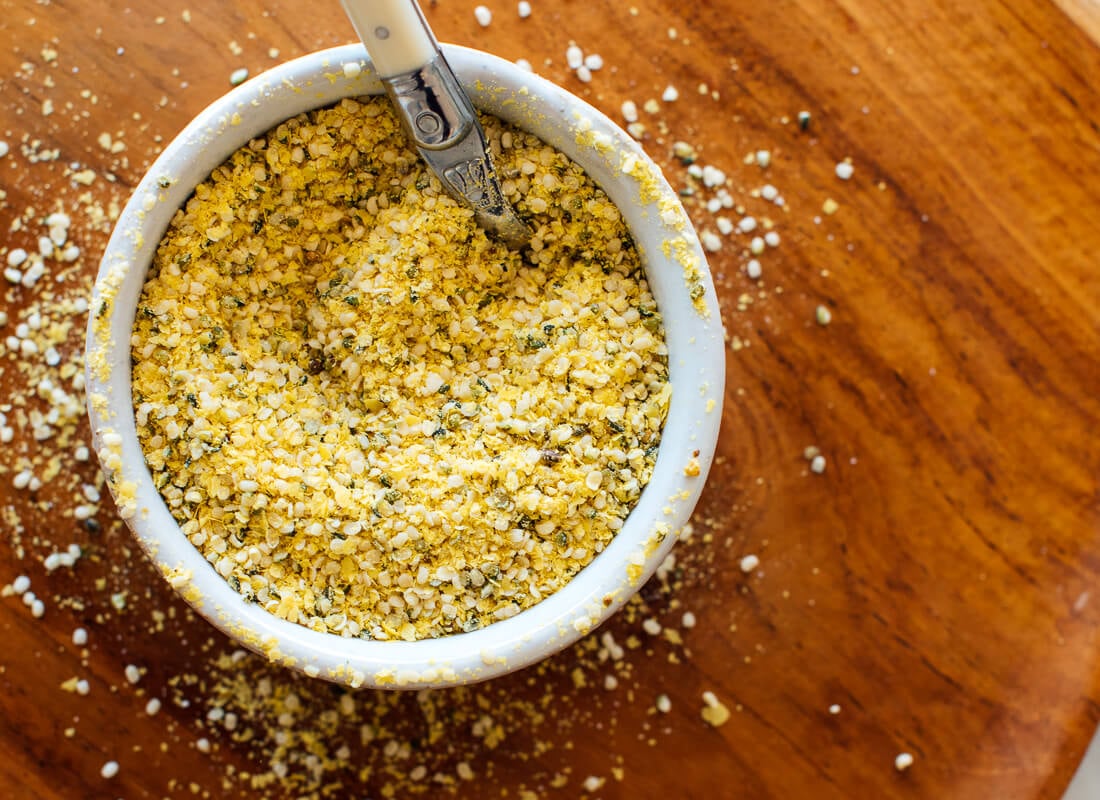We want to put ourselves into ketosis.
The fastest way to technically do that is to fast for 2 or 3 days. This is depending on the rate of your metabolism (for me it only takes about 2 days since I have a relatively fast metabolism, but for others it may take longer).
An easy way to fast is simply by drinking water, taking electrolytes (such as salt), and drinking black coffee/unsweetened in the morning/day.
You can also get into ketosis by eating a very low on carbohydrates and a relative amount of protein.
Generally in this diet to get into and stay into ketosis - you want than 30-50 grams of net carbs/day or less (see below on how to calculate this) and no more than 30 grams of protein/meal.
To calculate net carbs per day, take a look at the nutrition facts of what you are eating.
Protein should be listed on most food packaging.
It's paramount to use a ketone meter (blood, not urine) to measure whether you're in ketosis or not. The goal is to be around 0.5-4 mmol/L, which indicates mild ketosis. After you know what the "feeling" of ketosis feels like, then the ketone meter may not be necessary.
Now, if you're afraid fat will make you fat, that has been proven scientifically incorrect. One of the major causes of fat accumulation is inflammation. Fat is an endocrine organ that secretes hormones and talks with other parts of the body including the brain. If the fat on your body is causing too much inflammation, it can cause inflammation of your brain. That's why the saying goes "A larger waistline is inversely correlated with a smaller brain", but that's just an idiom. Being in ketosis will help you lose extra fat weight.



